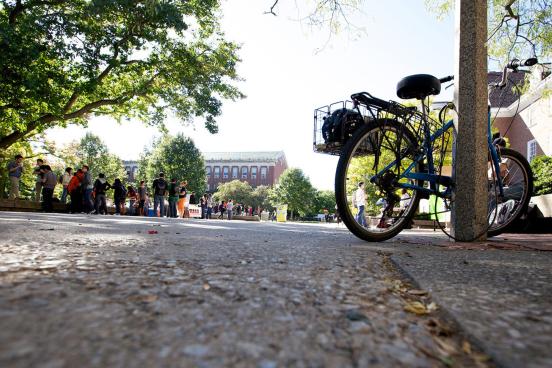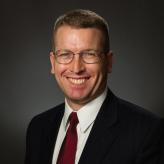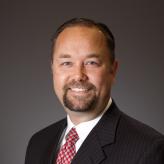Not so fast: ADF appeals case against Ga. college, argues students’ free speech suit isn’t moot

ATLANTA – Alliance Defending Freedom attorneys representing a current and a former student at Georgia Gwinnett College filed an appeal Monday of a federal district court decision that ruled their First Amendment claims became moot after the college modified its speech policies. The court’s ruling failed to address whether GGC violated the constitutionally protected freedoms of student Chike Uzuegbunam when it repeatedly silenced him.
In December 2016, ADF filed the civil liberties lawsuit, which challenged the college’s speech zone and speech code policies that violated students’ First Amendment rights to free speech and free exercise of religion. In September 2017, the U.S. Department of Justice filed a brief in favor of Uzuegbunam, who has now graduated, and a current student, Joseph Bradford.
“The First Amendment guarantees every student’s freedom of speech and religion. The district court clarified what Georgia Gwinnett College refused to make clear: that its students have the right to speak in any outdoor area of campus. That’s good news, but it doesn’t vindicate our clients’ constitutional rights,” said ADF Legal Counsel Travis Barham. “The district court ignored how GGC officials repeatedly censored Chike, and these officials should not get off scot-free for creating and enforcing policies that trampled students’ constitutionally protected freedoms.”
In July and August 2016, Uzuegbunam sought to share his Christian faith peacefully with other students on the Lawrenceville campus. GGC officials quickly stopped him because the speech zone policy required him to ask for permission to speak three days in advance and limited him to only two tiny areas on campus. Even after meeting these restrictive conditions, GGC officials ordered him to stop discussing his faith because they deemed it “disorderly conduct”—defined as any expression “which disturbs the peace and/or comfort of person(s).”
GGC has since amended its speech zone policy, and the U.S. District Court for the Northern District of Georgia, Atlanta Division, ruled in Uzuegbunam v. Preczewski that students are now permitted to speak in any outdoor area of the campus. Also, the college eliminated its speech code provision that prohibited “behavior which disrupts the peace and/or comfort of person(s).”
“Students don’t check their constitutionally protected free speech at the campus gate,” said ADF Senior Counsel Tyson Langhofer, director of the ADF Center for Academic Freedom. “Today’s college students will be tomorrow’s leaders; that’s why it’s so important that public universities model the First Amendment values they are supposed to be teaching to students. We’re encouraged that GGC eliminated its unconstitutional speech code and that the court ruled students can speak freely on campus, but we want to ensure that the wrong done to our clients is righted.”
- Pronunciation guide: Barham (BEAR’-um), Chike Uzuegbunam (CHEE’-kay Oo-zah-BUN’-um), Preczewski (Preh-SHEV’-skee)
The ADF Center for Academic Freedom is dedicated to ensuring freedom of speech and association for students and faculty so that everyone can freely participate in the marketplace of ideas without fear of government censorship.
# # # | Ref. 57426
Related Profiles


